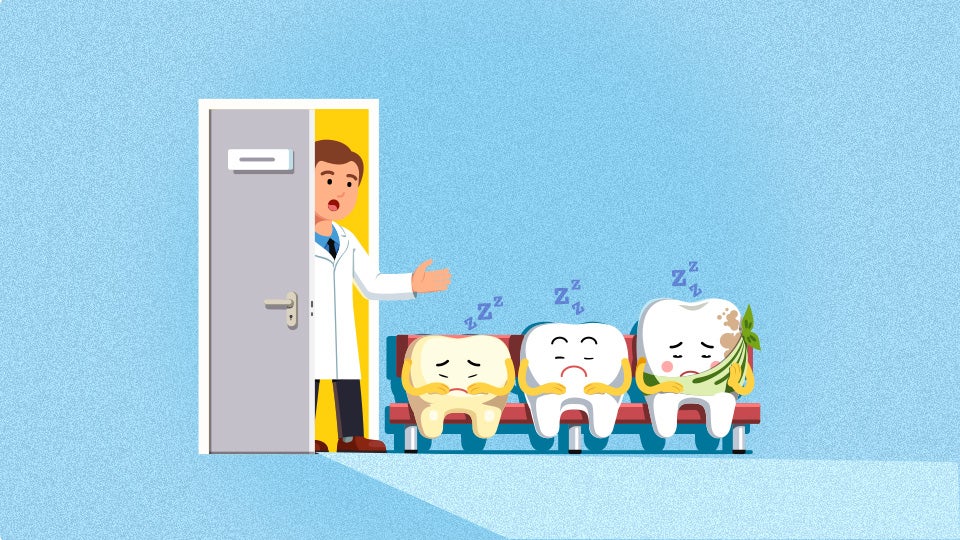Certain medicines have changed the game in diabetes care, allowing people to live full lives as they manage their chronic disease. Unfortunately, these same medicines may also impact oral health. Does that mean you have to choose between managing your blood sugar and protecting your smile? Not at all. Working together, your primary care doctors and dentists can team up to address your overall health.
?fmt=webp-alpha)
MOUTH BODY CONNECTION
Dentists and Doctors Form Dream Team of Diabetes Care
3 min readPublished: Dec 21, 2024
Through routine screening, patient education and coordinated care, doctors and dentists can collaborate to help patients not only achieve better diabetes control but also to maintain healthy gums and overall oral health.
One of the best ways to get that collaboration started is to tell your dentist if you are taking any of the following medications:
?fmt=webp-alpha)
Metformin
One of the most commonly prescribed medications for type 2 diabetes, metformin decreases the amount of glucose, or sugar, produced in the liver. The medication has been around for many years and has few side effects, but in some people it can cause dry mouth, which may increase the risk of cavities and oral infections.
Sulfonylurneas
These medications stimulate insulin release from the pancreas. A potential side effect is hypoglycemia, which can lead to a decrease in salivary flow, fostering an environment that allows bacteria to grow and lead to gingivitis (gum inflammation) and periodontitis (gum disease).
Insulin Therapy
A standard ongoing treatment for type 1 diabetes and often used in advanced type 2 diabetes, insulin can indirectly affect oral health. More commonly, oral health would be affected by poorly controlled diabetes, which can lead to high blood sugar levels. These high levels may impair wound healing and increase the risk of periodontal disease.
SGLT2 Inhibitors
These drugs work by preventing glucose reabsorption in the kidneys, resulting in glucose excretion through urine. A side effect is increased risk of urinary and genital infections, which can sometimes extend to oral thrush (candidiasis) due to changes in the body's microbial environment.
DPP-4 Inhibitors
These medications help increase insulin release and decrease glucagon levels. While they have fewer direct oral health side effects, maintaining good glycemic control is critical to preventing complications such as periodontal disease.
Working Together
The powerful nature of the MouthBody Connection® means that both primary care doctors and dentists play pivotal roles in ensuring patients maintain their oral health. During regular check-ups, tell your primary care doctor about any oral health symptoms such as dry mouth, bleeding gums or persistent bad breath. They should talk to you about the importance of oral hygiene and its connection to diabetes management, and they should encourage regular dental visits. If an oral health issue is detected, your primary care doctor can refer you to a dental professional.
Meanwhile, tell your dentist about your diabetes diagnosis. This will allow your dentist to conduct thorough examinations, looking for signs of periodontal disease, cavities and other oral conditions that may be exacerbated by diabetes. Your dentist may also want to evaluate your salivary flow, especially if you are experiencing dry mouth. This can help prevent cavities and infections.
Diabetes can affect every aspect of a person’s health. Working together, your doctor and dentist can coordinate care plans and help you control your diabetes – all while protecting the health of your smile.



.png)
